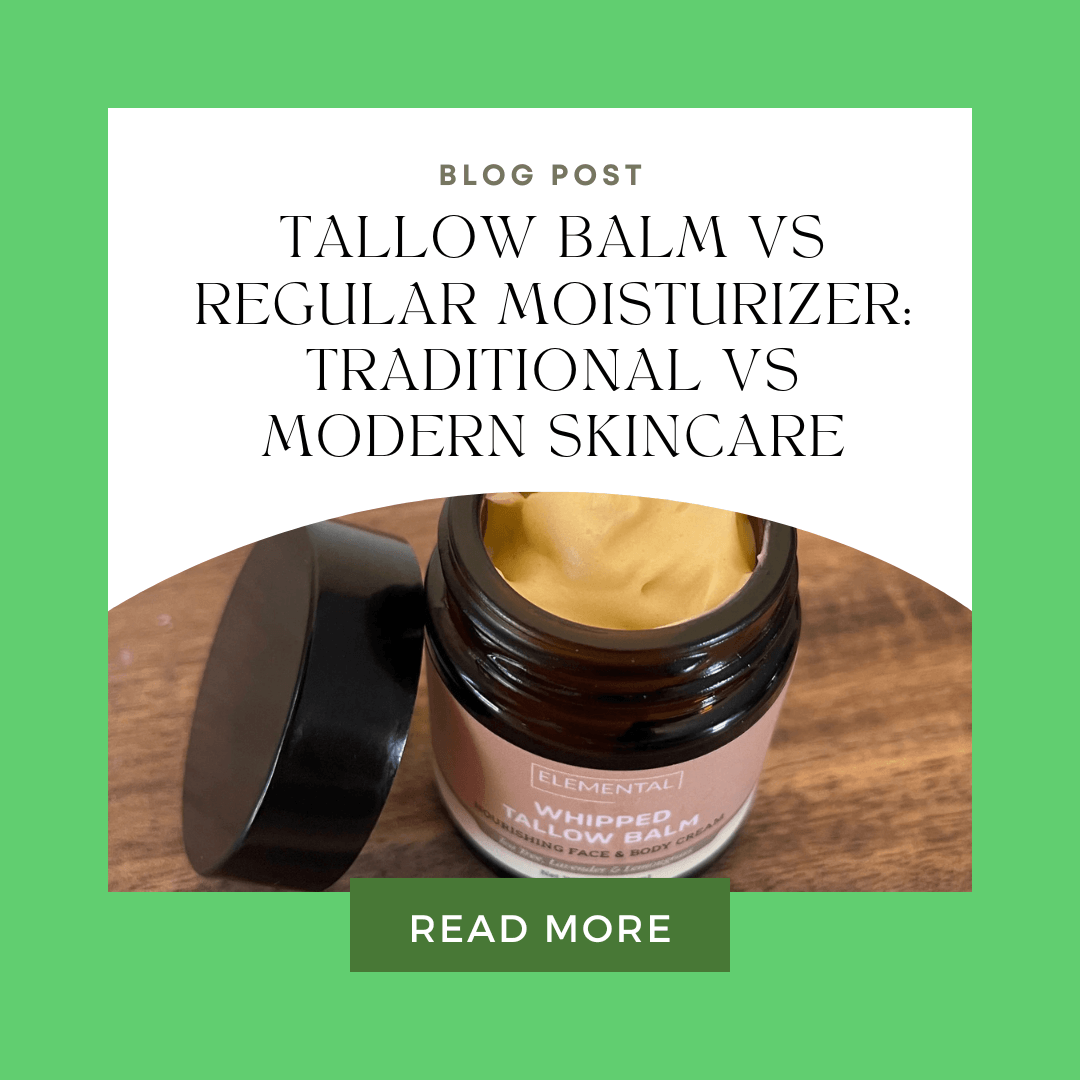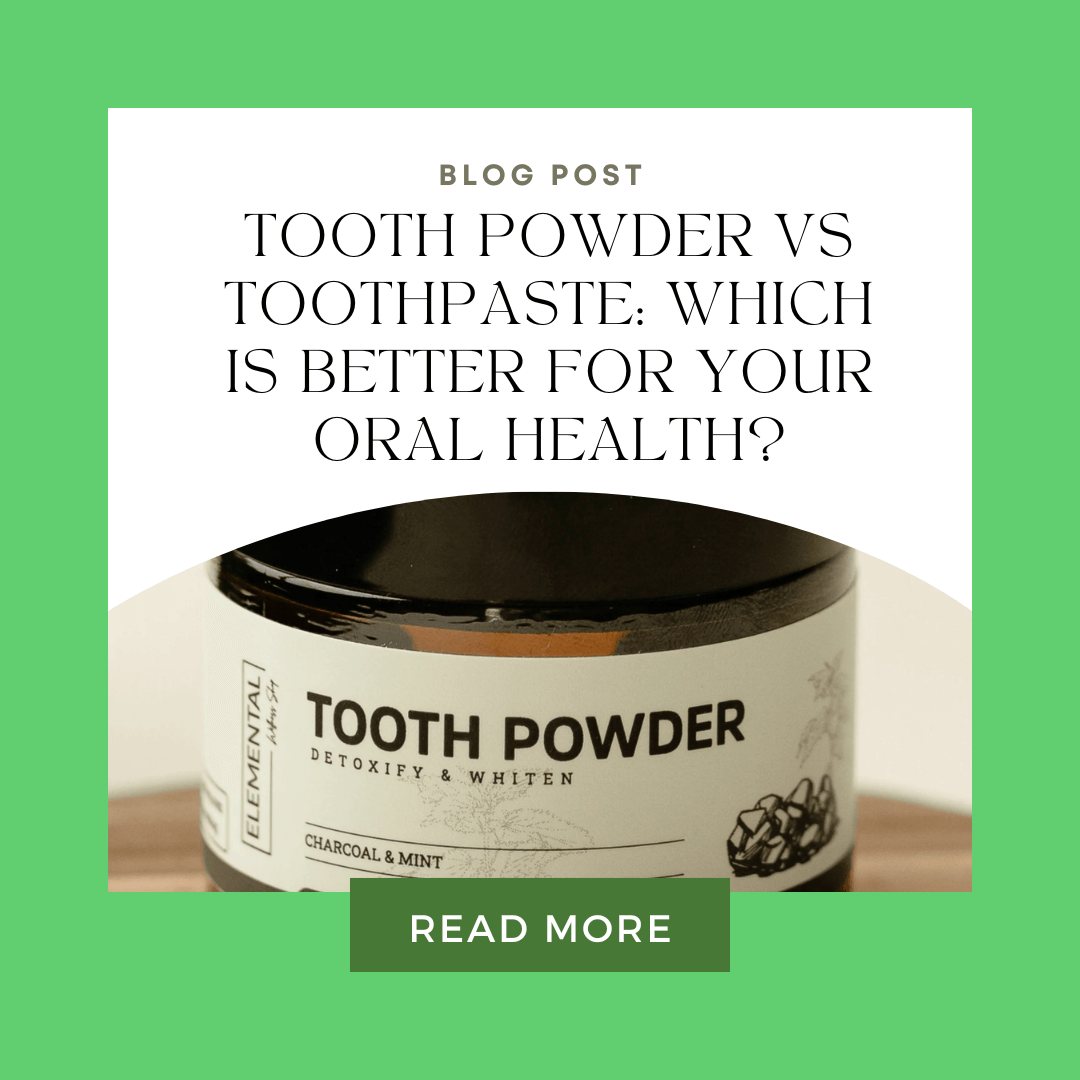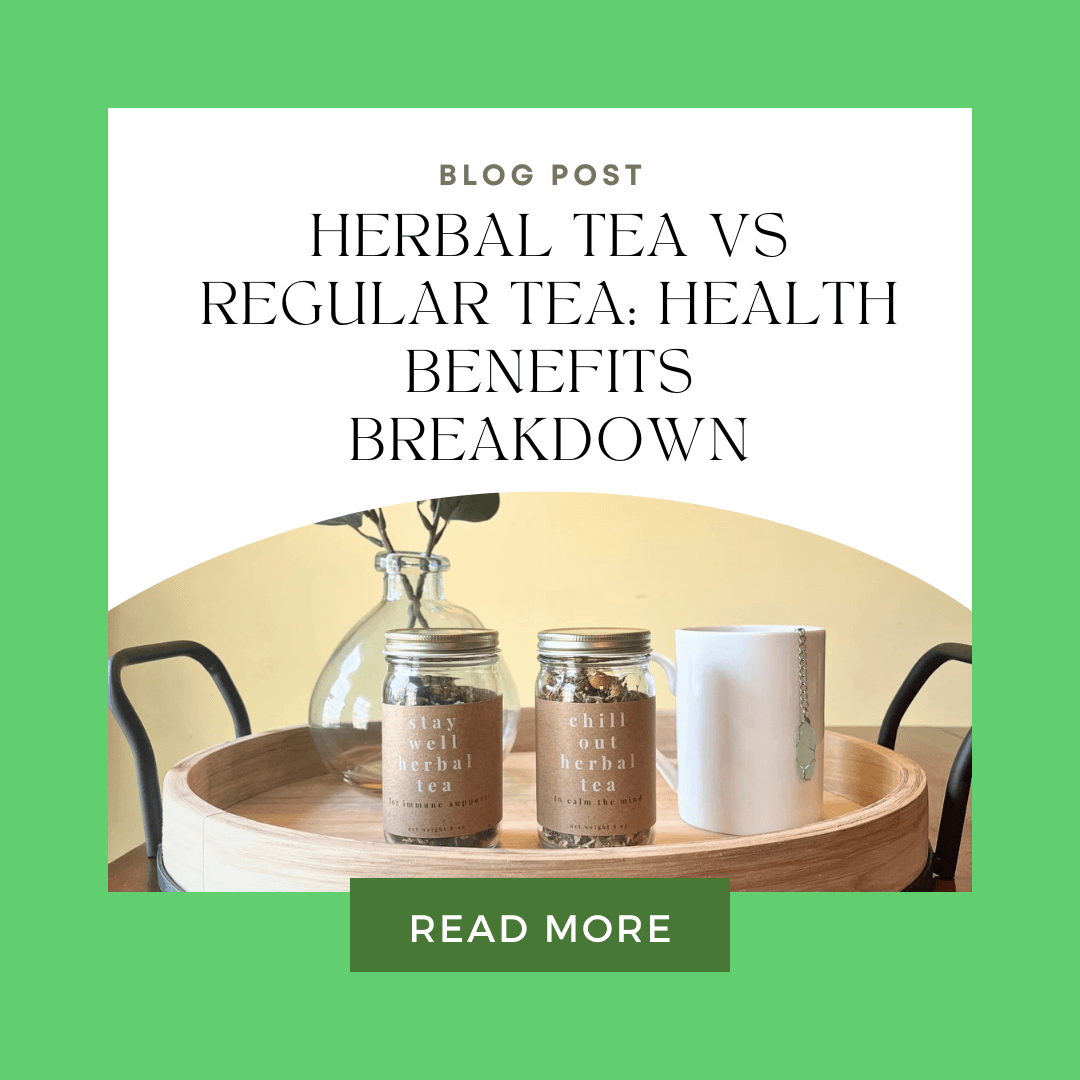How Does Probiotic Soap Work? The Science Behind Postbiotics and Paraprobiotics in Skincare
How Does Probiotic Soap Work?
You’ve seen the trend: bar soaps infused with probiotics claiming to support your skin’s microbiome. But how does probiotic soap actually work—especially when live bacteria can’t survive the high pH of soapmaking?
The secret lies in what the probiotics leave behind: postbiotics and paraprobiotics. These powerful bioactive compounds continue to support skin health—even after the microbes themselves are no longer alive. In fact, current research suggests that these “dead” components might be more effective and stable in skincare than live cultures.
Let’s break down what this means and why probiotic soap is more than just a marketing term.
Why Probiotics Die in Bar Soap (and Why That’s Okay)
To make soap, oils and lye go through a chemical reaction called saponification, which produces soap and glycerin. This process is extremely alkaline—reaching pH levels around 10–12—and that environment isn’t hospitable to live probiotic cultures.
So yes, when you add probiotics to cold-process soap, the bacteria don’t survive. But that doesn’t mean the benefits are lost.
Enter Postbiotics and Paraprobiotics
When probiotic organisms die, they leave behind a range of beneficial substances:
-
Postbiotics: These are compounds created by probiotic bacteria during fermentation or released after cell death. They include enzymes, peptides, cell wall fragments, short-chain fatty acids, and more.
-
Paraprobiotics: These refer to non-viable (dead) probiotic cells that still deliver biological effects by interacting with skin cells or modulating inflammation.
So, although probiotic soap doesn’t contain live microbes, it contains their byproducts—and those can be just as (or more) beneficial for the skin.
How Does Probiotic Soap Work on the Skin?
Now that we know it’s the postbiotics and paraprobiotics doing the heavy lifting, let’s look at what they actually do:
✅ 1. Strengthen the Skin Barrier
Postbiotic compounds help promote ceramide production and support the skin’s lipid layer, improving its ability to retain moisture and protect against external irritants.
✅ 2. Reduce Inflammation
These microbial byproducts can calm the skin’s immune response, making them helpful for people with eczema, rosacea, or acne-prone skin.
✅ 3. Support a Healthy Microbiome
Even without introducing live microbes, probiotic soap can help your skin rebalance its existing microbiome by creating a less hostile, less inflamed environment for beneficial bacteria to thrive.
✅ 4. Fight Pathogens
Postbiotics have been shown to inhibit the growth of harmful bacteria like Staphylococcus aureus on the skin’s surface.
Advantages Over Live Probiotics in Skincare
Live probiotics are tricky to work with in skincare products. They often:
-
Require refrigeration
-
Are unstable in high pH or in the presence of preservatives
-
Lose potency quickly
Postbiotics and paraprobiotics, on the other hand, are:
-
Shelf-stable
-
More resistant to heat and pH
-
Still biologically active and beneficial
This makes them ideal for products like bar soap, where high pH and long shelf life are a given.
Should You Use Probiotic Soap?
Absolutely—as long as it’s formulated with intention.
At Elemental Wellness Shop, we create our probiotic bar soaps knowing the microbes won’t survive. But we add them anyway because of the powerful postbiotic and paraprobiotic benefits they provide. It’s not about keeping bacteria alive—it’s about giving your skin access to the healing compounds they naturally produce.
So, if you’ve ever asked, “how does probiotic soap work?”—now you know. It’s not the live cultures that make the magic. It’s what they leave behind.
Final Thoughts: Cleanse + Nourish at the Same Time
In the world of skin health, we're moving beyond just "killing germs" and into the era of supporting the skin’s ecosystem. Probiotic bar soaps do exactly that—gently cleansing while leaving behind beneficial postbiotic compounds that help your skin function its best.
And that’s the beauty of working with nature, not against it.





